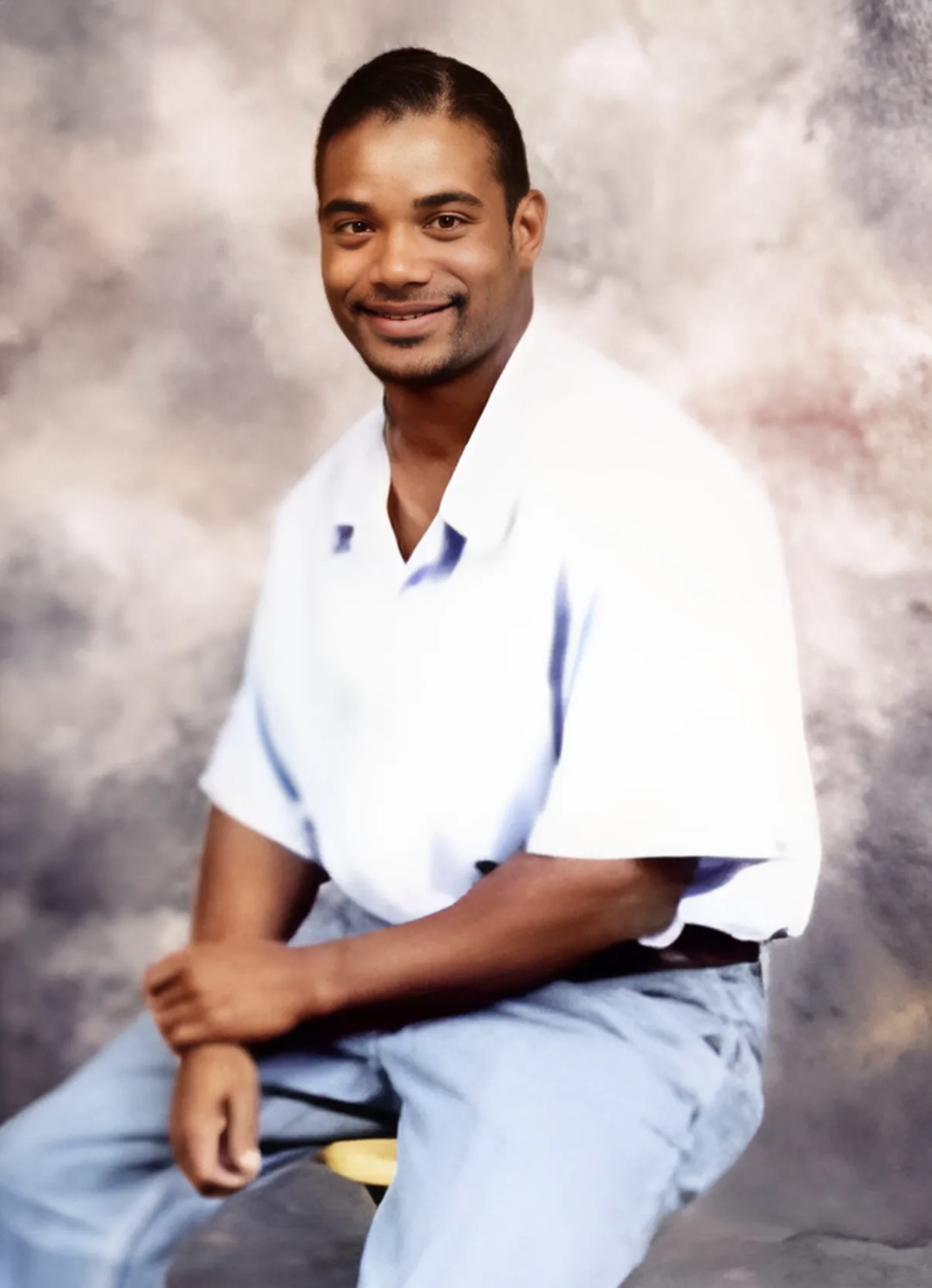When I grieve in community, there’s always a kind word to absorb or a warm hand to hold.
I was called “idiot” and “stupid” enough times by my father that I started to believe it. In my childhood home, there was both physical and emotional abuse. The derogatory name-calling had the most damaging effect. I made one bad decision after another, and the name-calling became a self-fulfilling prophecy. I projected my pain onto others and earned myself a sentence of life without the possibility of parole as a youth. Learning about trauma and understanding emotions became a core part of my personal transformation. Still, I believe many of us have forgotten how to grieve. That’s where selfishness ends, and empathy, compassion, and healing begin. When I volunteer, visit people in the hospital, feed the hungry, or accompany someone to a cemetery, I’m not just helping them, I’m helping myself. I’m reminded that my own pain could be far worse. I’ve felt that deeply when meeting cancer patients, people grieving a loved one, or those living with dementia. I’ve learned that traumatized people tend to either act out or act in. Acting out means we hurt others, yelling at people in school, controlling others at work, being abusive at home, or discriminating and excluding others when we’re in power. Trauma disconnects us. It makes us apathetic. Acting in means we isolate. We escape into substances, unhealthy eating, or harmful sexual behavior. From both individual and collective trauma, we often focus only on our own pain, dismissing the pain of others. What makes it worse is that we men tend to internalize it all, we hold it in, we don’t talk about it, we avoid vulnerability, while women, for the most part, talk, vent, or release it. In addition to the rewards of helping others, what I’ve learned most about bereavement is this: when I grieve in community, there’s always a kind word to absorb or a warm hand to hold. I’m a recent graduate of the Master’s Degree Program for Incarcerated Students and the vision of tamingtrauma.org. We can’t undo the past, but we can learn to heal forward together.







